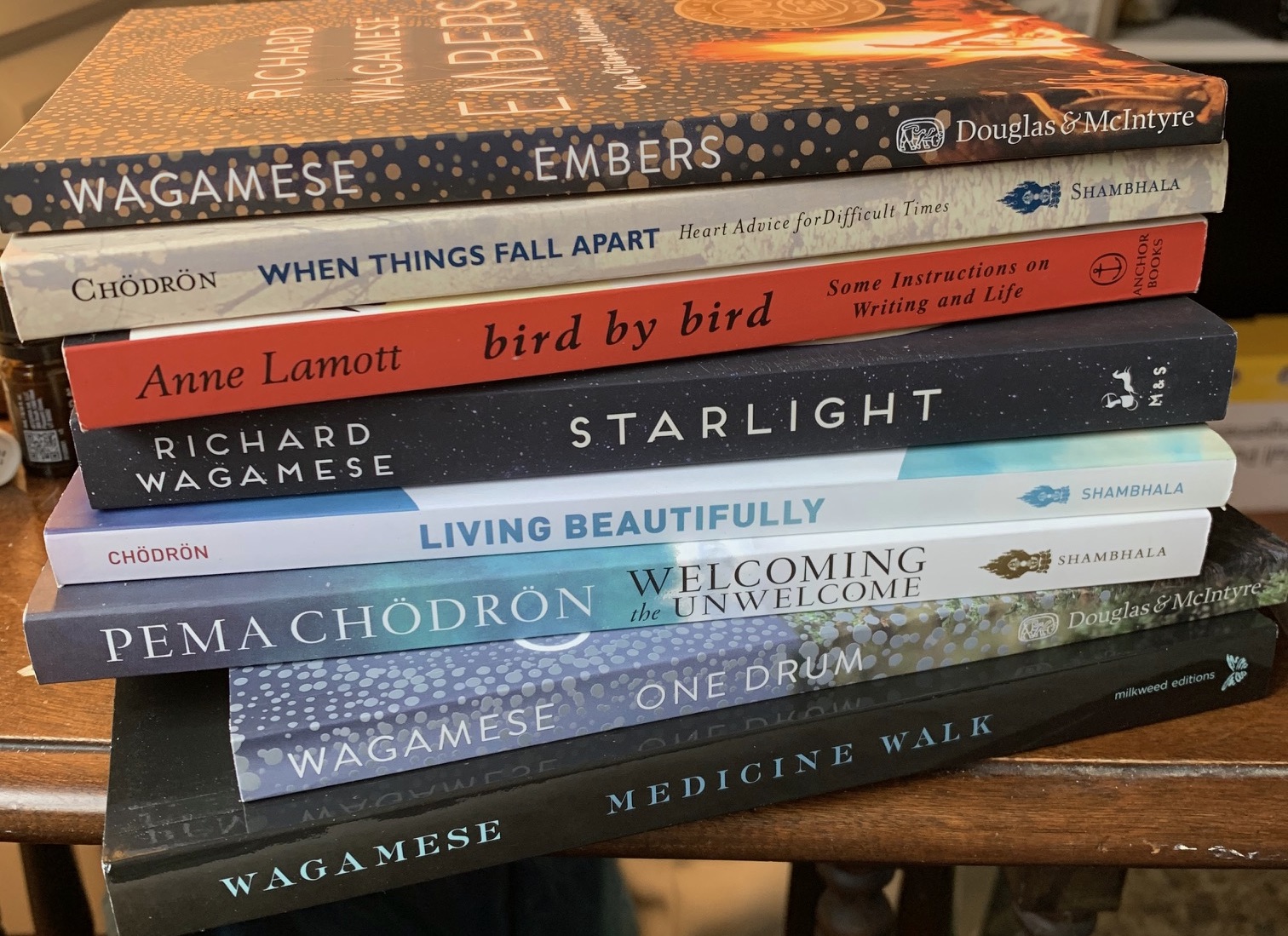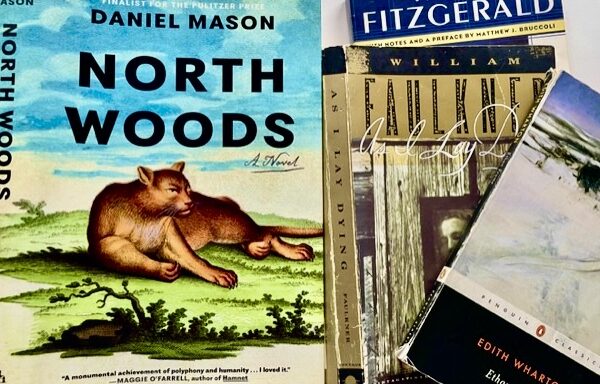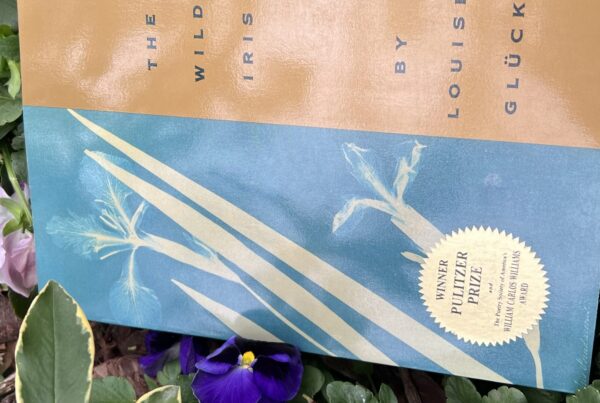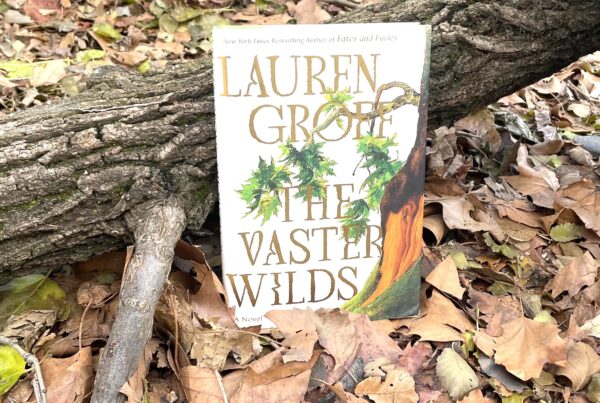When the pandemic arrived, I found myself struggling with long books. I turned to poetry each morning, reading old favorites by Mary Oliver and Sharon Olds. A beloved former colleague of mine sent a poem to a group of colleagues faithfully every other day, and I anticipated each one with joy. It was good to have something to look forward to.
As the days passed, and we started to adapt to the pandemic, I noticed that my friend, Martha, often posted to her Twitter account brief inspiring quotations by a man named Richard Wagamese. Before long, I had ordered Embers, a book as lovely as it is wise. A page of text is accompanied by an exquisite photograph. Wagamese, who died in 2017, offers his appreciation for the natural world to us in elegant paragraphs. Abandoned by his parents, he suffered in foster care and only connected with his heritage when his brother found him in his early twenties. An Ojibwe from the Wabaseemoong Independent Nations in northwestern Ontario, he was lauded in Canada as a journalist and novelist. How small our worlds can be. I felt ignorant that I had never heard of him until Martha’s tweets sent me, a school leader, seeking comfort and calm, to his books. I savored Embers, reading only one or two pages a day as part of my pseudo-meditation practice, my spirits lifted by Wagamese’s quest for spirituality, humility and sense of wonder. In case the library closes again because of the pandemic, I ordered three more of his books: One Drum, Medicine Walk, and Starlight. Hoarding is, of course, the opposite of all he is trying to teach.
As a student once again in graduate school this fall, I was pleased to find Anne Lamott’s Bird by Bird on the syllabus for one of my courses. Revisiting a known but not recently read text offers a peculiar kind of comfort. Older now, I take different truths from Lamott’s anecdotes than I once did. Lamott is humble and funny and real, the next-door neighbor I wish I had. Ostensibly a book about writing, Bird by Bird, like all of Lamott’s work, is a book about life. Her little brother, overwhelmed by a report on birds that he had not started and that was due very soon, asks his father how he should approach the overwhelming task. “Bird by bird,” their father wisely counsels. Such good advice. In our pandemic world, bird by bird is an excellent approach. Do one thing and then do the next. It’s hard to do things any other way right now.
This fall has presented the school I lead with challenges — the death of a beloved student, racial strife, the global pandemic. Walking past one of my bookshelves recently, my eyes fell on Pema Chodron’s When Things Fall Apart. A volume with which I was intimately familiar in an earlier chapter of my life, the words helped soothe me, helped me quiet my mind and focus my thoughts. She says, “It’s a lifetime’s journey to relate honestly to the immediacy of our experience and to respect ourselves enough not to judge it.” So wise, such good advice for living through difficult times.
What I like about all of these books is that I can open them where they fall, read a bit, and not worry about reading them straight through. In a funny way, though I read early in the morning, they remind me of hors d’oeuvres — a taste of this, a bit of that. My new morning ritual includes these books, stacked in an untidy pile in our family room to the left of where I sit each morning on the soft brown couch I recently stained with ink from my beloved Lamy fountain pen. After I have started the coffeemaker, fed our three cats and three dogs, emptied the dishwasher and considered what I might make for dinner, I carry my coffee to the couch, settle myself, and dip into one of these volumes before I write in my journal.
Some days, I read only one or two pages; if I have more time, I often put down one volume and pick up another, savoring the text, free from any obligation to finish or to make any kind of linear progress. These bites of language nourish me, sustain me through long days when when it is my job to hold the fears and the hopes of my school community. Nothing is promised. I am grateful for the ways in which these authors, humble and full of wonder, remind me to stay present, to stop and listen, to note the architecture of the trees beneath the falling leaves, the curiosity of a squirrel, paused on our front lawn, the nasturtiums by the back door, bursting into one final day of glory in an unexpected warm October day. These writers remind me that I am not expected to know it all. But they gently remind me to pay attention, to breathe, to be gentle with myself and with others. In their wisdom, I remember that all my fretting will not change the outcomes of difficult situations.
At parties, when we used to have them, I loved passing platters of hors d’oeuvres to my guests. Instead of a bit of mozzarella, sun-dried tomato and basil on a slice of crusty bread, I offer you these volumes instead. Bon appetit!




